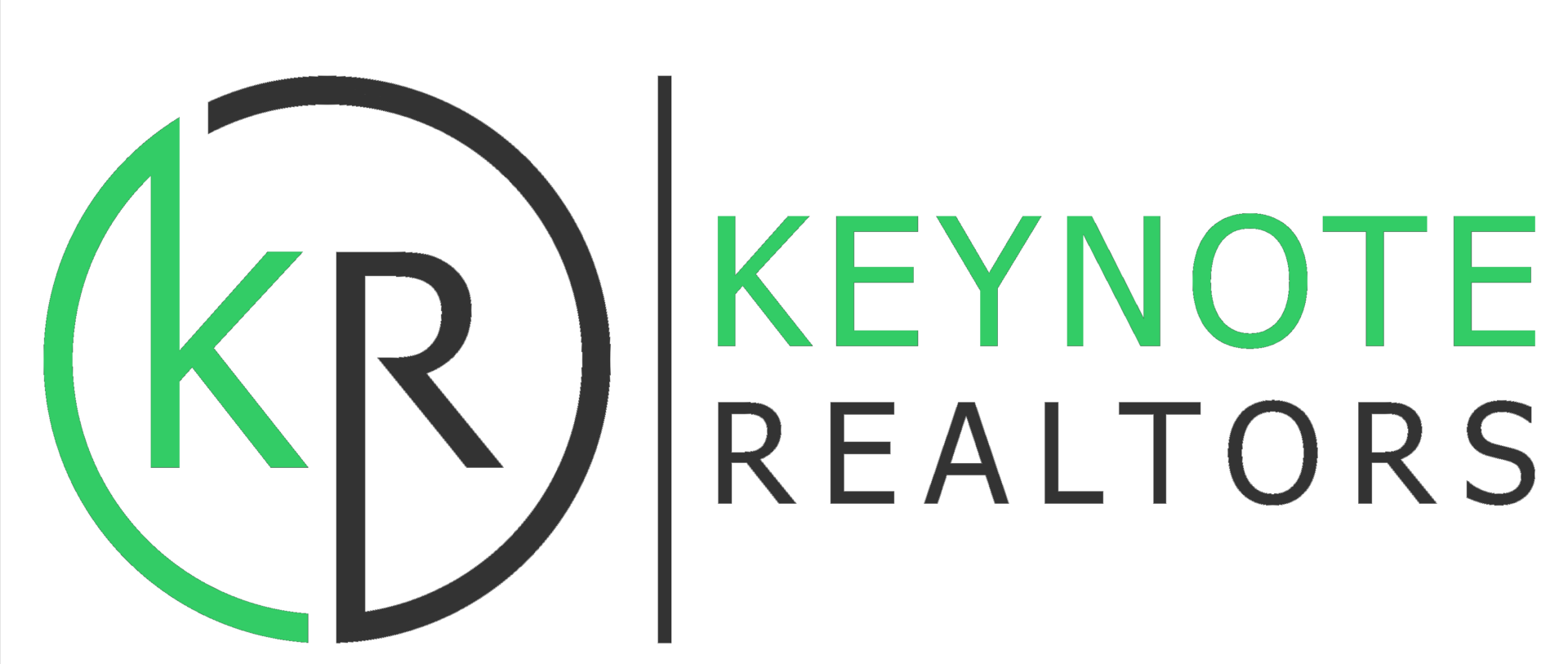
Not every home buyer is in the position to qualify for a traditional mortgage loan. There are many reasons that could lead to a mortgage decline, such as a previous bankruptcy. This is not always an indication of future mortgage paying ability. If you are looking for a home to buy in Middletown, Dayton, or Cincinnati and don’t qualify for traditional lending programs, renting to own is a good option. As with any method of financial investment, consider the pros and cons of rent to own real estate in Middletown, Dayton, or Cincinnati.
Pro: Getting Property
Problems with qualifying for a mortgage could range from one major derogatory item to debt-to-income ratios not meeting the standards of traditional lenders. A rent to own scenario allows the homebuyer to get into the home without concerns of bank qualifications.
The seller might run a credit check and do a basic review of cash flow and credit history, but the transaction is more like a rental agreement with an option to buy at a later date for a designated price. The buyer gets in the property and knows what is required to exercise his option. The seller has someone paying rent, usually at a higher than normal rate paid toward to price of the home and a set sale price in the future.
Con: Potential Option Expiration
For the buyer, the rent to own scenario starts a time clock on getting his financing in order. The seller is not financing the deal indefinitely. In fact, most rent to own scenarios are for five years or less. The buyer must have a down payment, the money for rent and then has to come up with traditional financing to exercise the buy price set in the contract.
While this gives the buyer time to get his credit in order, it does mean that the option could expire without the buyer being able to exercise it. If he can’t come up with the financing, he is out of luck. The seller may renegotiate based on current market conditions or ask the tenant to vacate. The seller has not lost much since he has received a down payment and higher rents in the process. He must now decide what to do with the property upon expiration of the contract option.
Pro: Set Pricing
When a rent to own contract is made, the terms of the purchase are set. This means the buyer has a clear understanding of what he needs to do in order to qualify for the financing necessary. This works well for a seller who is able to negotiate a higher price at a future date. This protects him in the event that the property value goes down. Should the fair market price go down at the time of the purchase option date, the buyer has the opportunity to decide if they still want to proceed with exercising the option. If they don’t, the can walk away from the deal or try to renegotiate a new contract with the seller.
Con: Market Fluctuation
Not knowing what the market will do is always an area of uncertainty. The rent to own real estate contract typically factors a specific future market price based on current values and trends. With that said, there are many factors that can lead to rapid changes in market values. This could potentially expose the buyer to paying a premium rent price and down payment for a home valued less than the option price defines. This could pose a problem with traditional financing when the appraisal is lower than the bank desires for the loan. Sellers are also left with a bit of exposure if the market soars with the option price set lower.

